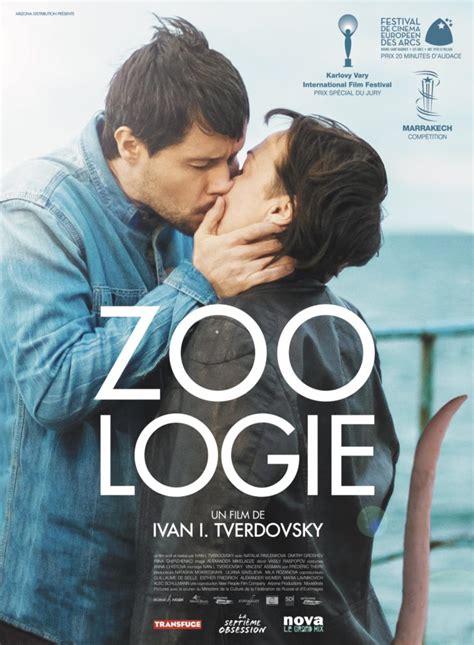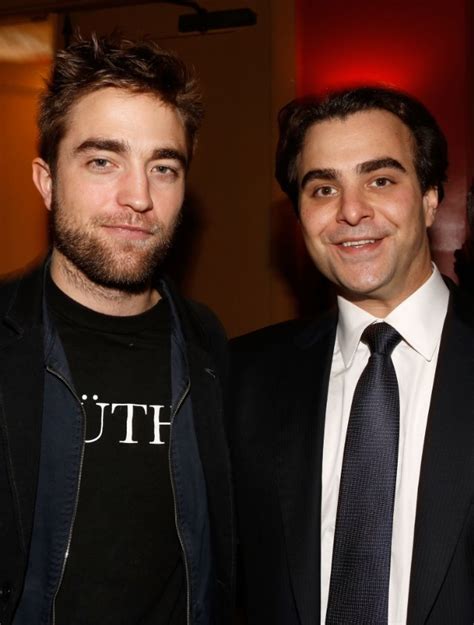A Quote by Joshua Oppenheimer
My background is in filmmaking, and my mentor is Dusan Makavejev, who combined fiction and documentary.
Quote Topics
Related Quotes
It's difficult to make movies. For me it was easier, as a refugee in Switzerland, to make documentary films, because I didn't need a lot of money for it. The way I tell my story or my opinion would be very similar in both fiction and documentary forms. But I found I could speak more effectively to convey this brutal reality through documentary than I could through fiction.
Most people look at a feature film and say, "It's just a movie." For me there is no border or wall between fiction and documentary filmmaking. In documentaries, you have to deal with real people and their real feelings - you are working with real laughter, happiness, sadness. To try to reflect the reality is not the same as reality itself. That's why I think that making a good documentary is much harder than making a good feature film.
Narrative, fiction filmmaking is the culmination of several art forms: theater, art history, architecture. Whereas doc filmmaking is more pure cinema, like cinema verité is film in its purest form. You're taking random images and creating meaning out of random images, telling a story, getting meaning, capturing something that's real, that's really happening, and render this celluloid sculpture of this real thing. That's what really separates the power of doc filmmaking from fiction.
As the world of independent feature filmmaking became increasingly commercialized by the mid-1990s, there was also a parallel, much more positive development: a resurgence in documentary filmmaking, thanks in part to the advent of the cheaper, lighter digital format that helped to offset the daunting costs of pursuing political aims through film.



































